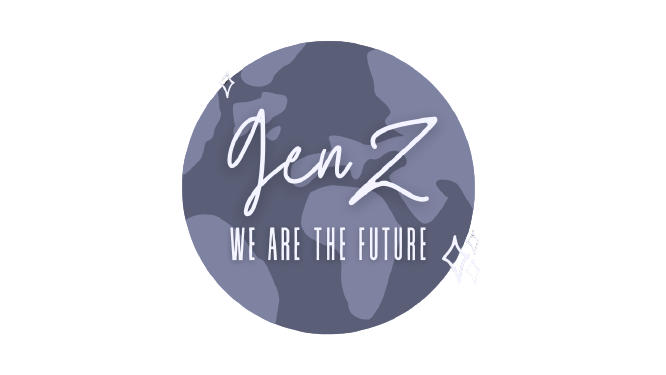Politics and Covid-19 in Indonesia
Lately, Indonesia is experiencing difficulties in handling the COVID-19 pandemic. The percentage of virus transmission and the number of deaths continue to increase significantly. This requires the government to make firm decisions. However, in handling this pandemic, the Indonesian government has received criticism from various parties. As a result, some people have begun to doubt the government's performance.
As we all know, the COVID-19 pandemic has captured much attention and has become a global spotlight. Currently, the whole world is occupied with fixing its countries and looking for solutions to troubleshoot the problems caused by COVID-19. Many government sectors have been affected by this pandemic, including one in Indonesia. Therefore, this epidemic is a crisis that must be addressed as soon as possible.
Mount Semeru in Oro Oro Ombo, East Java, Indonesia.
The first COVID case in Indonesia was announced by President Jokowi accompanied by the Minister of Health, Terawan, on March 2, 2020. When this case was reported, President Jokowi had just been re-elected. However, at that time the government had not taken firm action and many believe they neglected the issue. The development of cases spiraled out of control and reports of new cases still continue to grow to this day. The government is also trying to solve the problem to overcome the increasingly widespread virus.
Indonesia’s government has a very important role, therefore it is expected to be precise and responsive when making decisions. Unfortunately, the government can often be seen as “in a hurry and in the wrong direction” when making policies. Many have commented that at the beginning of the pandemic, the Indonesian government tended to spend a lot of money on improving the tourism sector. Then, in the subsequent actions, the government tends to be slow and inconsistent. In March 2020, the Indonesian government implemented a Public Health Emergency and the Ministry of Health became its leading sector. Later in April 2020, the government instead enacted a national disaster emergency policy and the BNPB became its front sector.
According to P2P-LIPI (Pusat Penelitian Politik-Lembaga Ilmu Pengetahuan Indonesia), some of the characteristics of the problems that arise include inconsistent decisions and lack of coordination between the central government and local governments. These obstacles will later affect the government's ability to cope with the crisis in Indonesia. When there is an emergency, there must be strong coordination and policies must be following emergency disaster management. However, what happened was the opposite, and they were out of sync with each other. This case still requires further review from a political perspective.
Solving the problems of this crisis will have a significant effect on the Indonesian people. The public has become very critical of the government's actions in dealing with this pandemic. A poll from The Institute for the Development of Economics and Finance (INDEF) found that 67.7% of conversations on Indonesian social media reflect negatively on government policies. It is crucial to note that public trust is very important and will have an impact on the smooth running of the government in tackling the COVID-19. That way, the people will be calm and can prepare to live their lives the way they once used to.
COVID-19 ravages Indonesia, even to this day!
Now, some areas in Indonesia will experience restrictions again, while the government continues to remind the public to vaccinate in certain areas. People are now starting to be reluctant to obey because there are so many political rumors circulating, making the government have to be extra patient in carrying out its programs. The government has taken several firm steps, including the implementation of micro-scale Community Activity Restrictions (PPKM), which will be tested for 2 weeks, starting from July 3 to July 20, 2021, by limiting people's movement by 75%-100%. In addition, the Ministry of Health, supported by the TNI, POLRI, and local governments will increase the rate of injecting vaccines to 700 thousand/day. We, as a society, are expected to obey and always follow the rules of the government for the sake of a steady societal recovery and common interests.
Most importantly, the COVID-19 pandemic has given us a message as a society about the importance of maintaining health and orderly rules. In addition, giving a message to the government about the cruciality of good research and implementation in a policy that is made for the maximum development process. Society and government must unite together against this pandemic.
SOURCES:
https://ketik.unpad.ac.id/posts/528/bagaimana-kondisi-politik-indonesia-di-tengah-pandemi-covid-19-2
